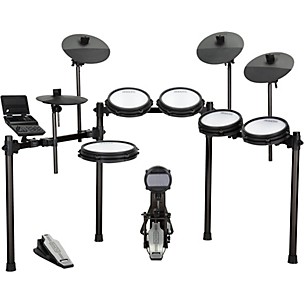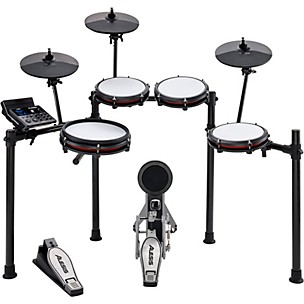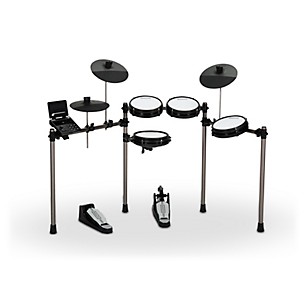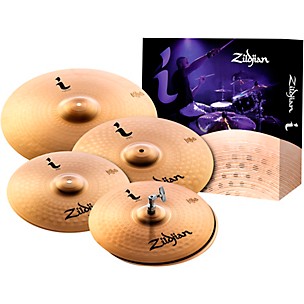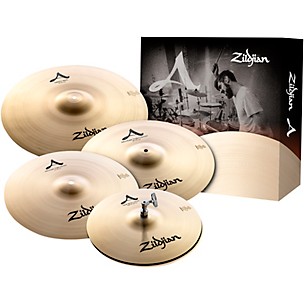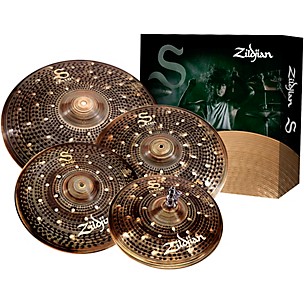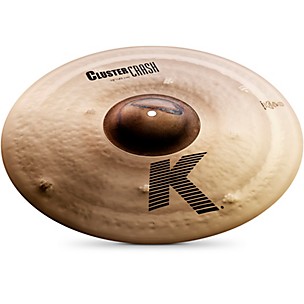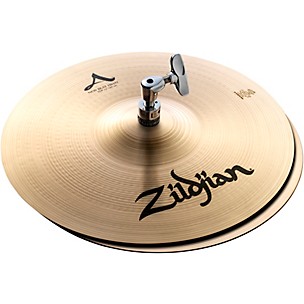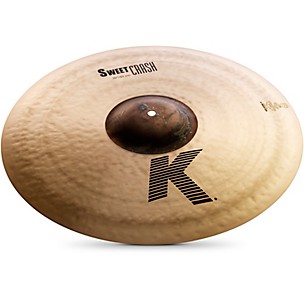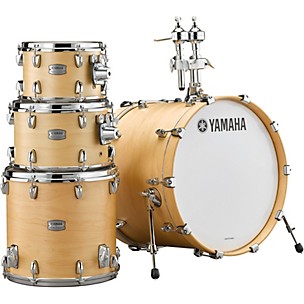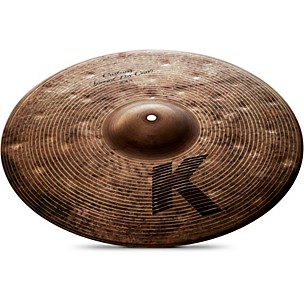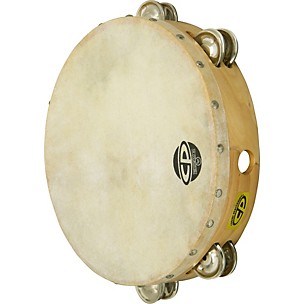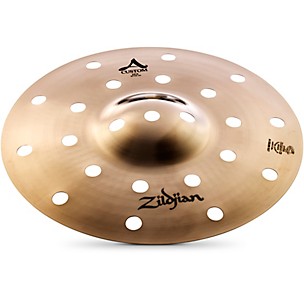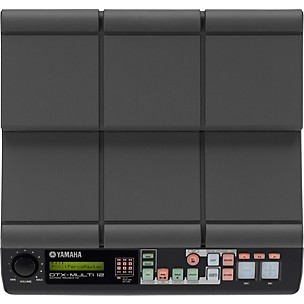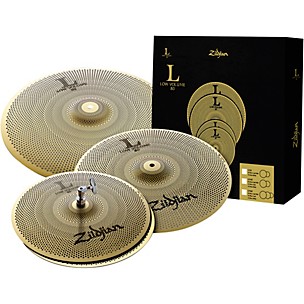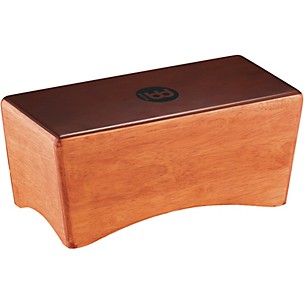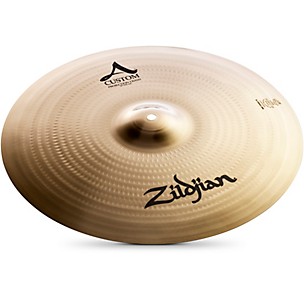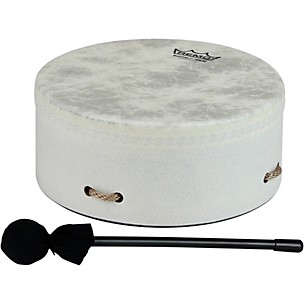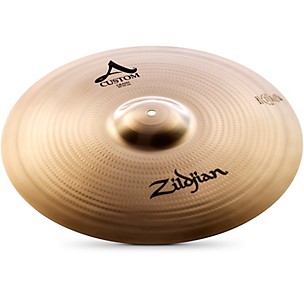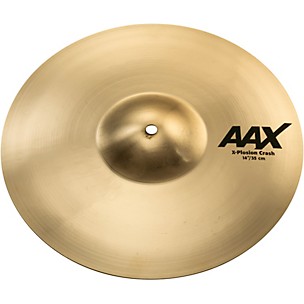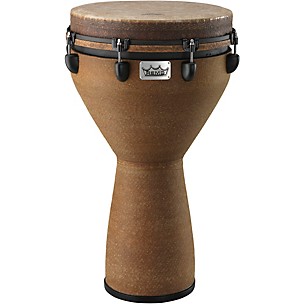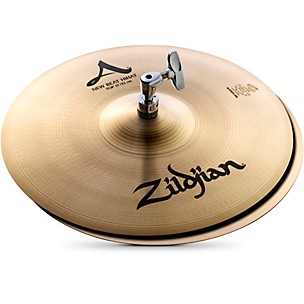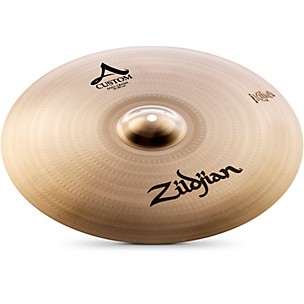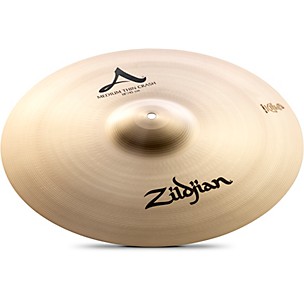Drums & Percussion
Drums & Percussion for Sale
About Drums & Percussion
Aside from the human voice, drums and percussion are the oldest musical instruments on earth. Played by striking, scraping or rubbing with a stick, mallet or the player's hands, these instruments have developed over thousands of years — from the most rudimentary objects into complex, specialized musical tools. Music & Arts sells a wide selection of acoustic drums, electronic drums and world percussion, including an array of hand percussion, crafted by the leading brands in the industry.
Shopping for Drums & Percussion at Music & Arts
You can begin exploring our drums for sale by narrowing your search to:
- Acoustic Drums: When we say acoustic drums, we're talking about the components that make up the sort of drum kit used by your favorite bands in rock, jazz, blues, country, pop and more. Snare drums, tom-toms, bass drums and other instruments provide a rhythmic anchor for bands without the use of electronics.
- Electronic Drums: Starting in the 1970s, electronic drum kits began to revolutionize the drum industry — not to mention the sound of popular music. The benefits of electronic drums are many: They're designed to imitate the lifelike sound and feel of acoustic drums at low volumes, allowing for quiet practice that doesn't wake the neighbors. Electronic drums also incorporate an array of futuristic sounds, trigger samples and connect directly to MIDI and production software — among many other benefits.
- Cymbals: Cymbals are vital to a drum and percussion setup, providing steady time in genres like jazz and explosive accents in rock and other styles. At Music & Arts, our massive selection of cymbals from top brands includes ride cymbals, crash cymbals, hybrid cymbals, splash cymbals, hi-hats, China cymbals and more.
- World Percussion: If music is the universal language, rhythm is the alphabet. From djembes and cajón to congas, timbales and bongos, Music & Arts stocks hand percussion and other instruments from top brands catering to musical traditions from around the globe.
Shopping for Sticks, Hardware & Percussion Accessories
For drummers and percussionists, the drums themselves are only the beginning. High-quality hardware keeps your drums and cymbals secure and properly positioned, ensuring excellent playability and even impacting the drum kit's sound.
Drum sticks, mallets and brushes also play a huge role in shaping a percussionist's personal approach, and dedicated drummers need a stick bag filled with a variety of options. Jazz ballad? Grab the brushes. Coffeeshop blues gig? A pair of bundle sticks will do the trick.
Dive into our massive selection today and find the sticks that work for you.
The Best Brands for Drums, Drum Sticks, Drum Hardware & More
Music & Arts stocks drums, percussion, cymbals and drum accessories from the most trusted brands in the industry, including Pearl, Yamaha, Tama, Gretsch, Ludwig, DW Drums, Mapex, SONOR, Simmons, Roland, Zildjian, Sabian, Meinl, Paiste, Bosphorus, Gibraltar, Aquarian, Evans, Vic Firth, ProMark, LP and Remo.
Other Essential Drum Accessories
- Keep a drum key accessible for regular tuning and quick, easy adjustments.
- For optimal tone and response, make sure to replace your drum heads whenever they sound dull, can't stay in tune or show obvious physical signs of damage or heavy wear.
- A comfortable drum throne is crucial for performances and practice sessions.
- Always use drum cases and bags, cymbal cases and bags, and stick bags to protect your drum gear during transport.
- Utilize plastic or rubber practice pads to learn snare-drum rudiments at low volumes.
Ready to customize your setup? Shop the full collection of drum accessories at Music & Arts now!
